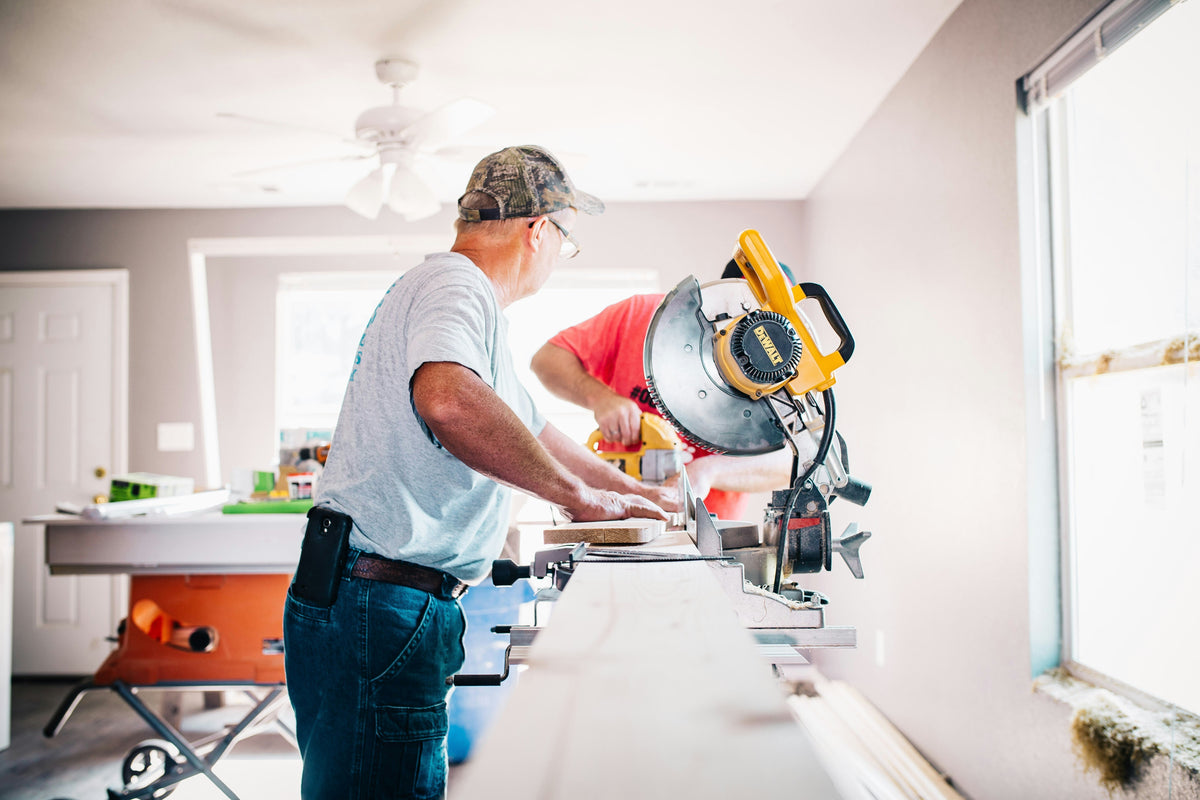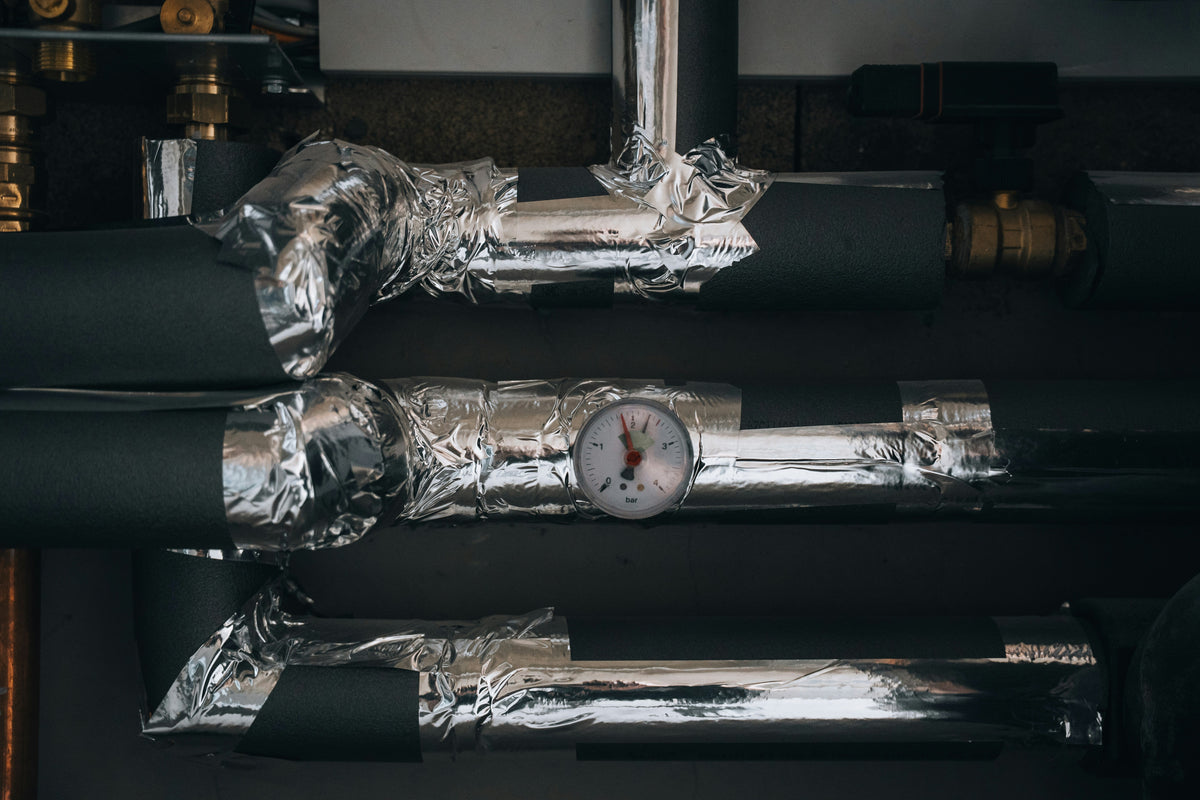Many modern couples are rethinking traditional wedding registries by adding sustainable choices that reflect their values. Instead of filling your home with items you may never use, you can include eco-friendly gifts such as beeswax wraps, glass containers, or durable dishware that support a low-waste lifestyle. Donation options are another thoughtful way to reduce unnecessary consumption, allowing guests to contribute to charities, honeymoon funds, or even eco-causes you both care about. Linking your registry to ethical and eco-conscious stores also ensures purchases support businesses with greener practices. Choosing high-quality items that last longer further minimises waste while providing practical essentials for your new life together. A sustainable gift registry is more than a trend-it’s a meaningful way to celebrate love while protecting the planet.
Share your articles with us and get published! Reach out at hello@friendlyturtle.com.
Silicone Reusable Bags - What You Must Know Before Buying Them
Silicone reusable bags are often advertised as a better option compared to single-use plastic bags. But what exactly makes them a great alternative? Why should you make the switch and perhaps spend more money purchasing these products? Let’s explore the answers…
FDA-approved
Unlike plastics, food-grade silicone does not contain harmful chemicals like BPA, latex, or lead, which are known to cause health problems. It is made of a type of rubber that is considered safe. Silicone is non-toxic and odourless; in fact, it's not only used for making reusable bags for food storage but also for various baby products such as teethers and used throughout hospitals in the world.
Safe for food
Zero waste shops in the UK sell a non-leaching type of rubber when making reusable silicone bags to ensure the highest level of food safety. When the food is heated or microwaved, the silicone bags won't release chemicals and seep into the food. You won't have to worry about the taste getting altered or harmful chemicals entering your body.
Resealable
Plastic-free shops in the UK have successfully mimicked plastic ziplock bags using silicone material. Many of the benefits that ziplock bags offer can be found in reusable silicone bags, including the resealable feature. Some styles of silicone bags can even stand on their own which makes pouring leftover food into them so much easier.
Microwave, freezer, and dishwasher safe
Ziplock bags can be reused, but you must handwash them thoroughly dry them before using them again. As for reusable silicone bags, you can toss them in the dishwasher and let the machine do the cleaning. Need to heat or reheat food? Put it straight in the microwave. The bag can handle up to 230 degrees. Want to keep raw ingredients frozen? It's okay to place the silicone bag inside the freezer as well.
0 comments
Let customers speak for us
Blog posts
A low-waste home renovation is about more than reducing rubbish - it’s about making mindful choices, reusing resources, and cutting unnecessary costs. By setting clear goals, you can plan ahead to reuse or donate old fixtures, cabinets, and doors, while ensuring contractors align with recycling practices. Accurate measurements prevent over-ordering, saving both money and materials. Opting for durable, sustainable products like reclaimed wood or recycled steel ensures your upgrades last longer and reduce future waste. Repurposing existing elements adds charm and sustainability, turning old bricks or timber into unique design features. Partnering with eco-conscious professionals and responsibly donating unused supplies helps keep materials out of landfills. With careful planning, your renovation becomes a blueprint for sustainable living - practical, stylish, and planet-friendly.
Energy-efficient HVAC systems are at the heart of sustainable home design, reducing waste, cutting energy bills, and supporting a lower carbon footprint. As one of the largest sources of household energy use, HVAC plays a crucial role in making homes both eco-friendly and cost-effective. By designing efficient ductwork, sealing leaks, and integrating smart layouts, architects can minimise energy loss while maximising comfort. Modern HVAC technology not only lowers greenhouse gas emissions but also delivers consistent indoor temperatures without compromise. When planned from the start, energy-efficient HVAC supports renewable integration, reduces long-term costs, and creates homes that are healthier, greener, and more desirable for future buyers.



